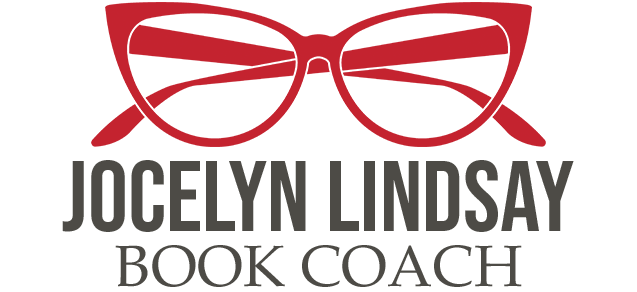Manuscript Audit
Definition: A manuscript audit is a high-level review of a manuscript, focusing on the overall structure and key elements of the story. It provides an assessment of the strengths and areas for improvement without going into detailed line-by-line edits.
Key Features:
Scope: Broad overview of the manuscript’s core components such as story structure, pacing, character development, conflict and stakes, voice and style, worldbuilding, grammar and language, dialogue, theme and message, consistency and continuity, and emotional impact.
Feedback: Offers general feedback on these areas, identifying what works well and what needs improvement.
Depth: Less detailed than a developmental edit; it highlights major issues and strengths but does not provide in-depth solutions or revisions for every problem.
Goal: To give the author a clear understanding of the manuscript's overall health and direction, guiding them on what areas to focus on for further revisions.
Full Developmental Edit
Definition: A full developmental edit is an in-depth examination and editing process that delves deeply into the content, structure, and presentation of a manuscript. It involves extensive revisions and detailed feedback aimed at improving the overall coherence, readability, and impact of the story.
Key Features:
Scope: Comprehensive analysis of every aspect of the manuscript, including plot, structure, pacing, character development, dialogue, worldbuilding, and thematic elements.
Feedback: Provides detailed, actionable feedback on each element, including specific suggestions for revisions and improvements. This can involve reworking entire sections, restructuring the narrative, and enhancing character arcs and dialogue.
Depth: Very detailed; includes extensive notes, comments, and sometimes direct changes to the text. May involve multiple rounds of editing.
Goal: To refine and polish the manuscript at a granular level, ensuring that all elements work harmoniously together to create a compelling and cohesive story. The aim is to get the manuscript ready for submission to agents, publishers, or for self-publishing.
Key Differences
Depth and Detail: A manuscript audit provides a broad overview and general feedback, whereas a full developmental edit involves detailed, specific feedback and extensive revisions.
Scope of Work: The manuscript audit covers key elements at a high level, while the developmental edit examines and improves every aspect of the manuscript in depth.
Objective: The audit aims to guide the author on what needs work, while the developmental edit aims to actually do much of the work in improving the manuscript.
By understanding these differences, authors can choose the service that best fits their current needs in the writing and revision process.
